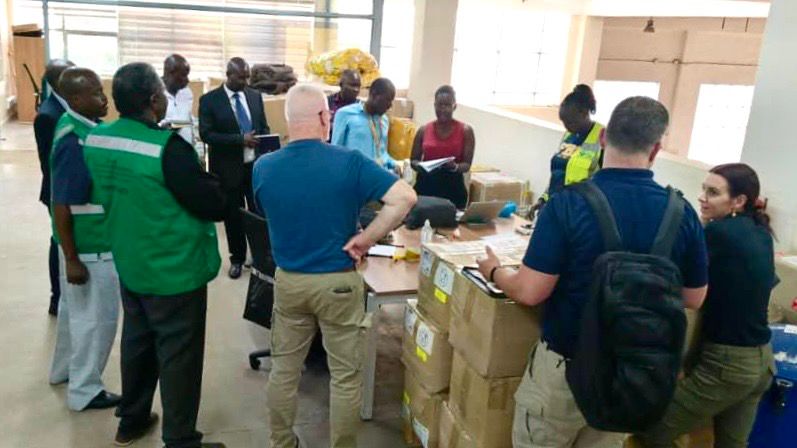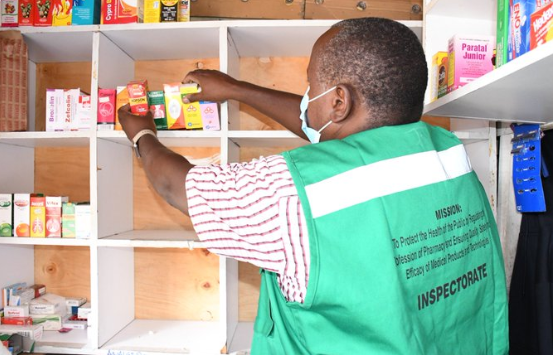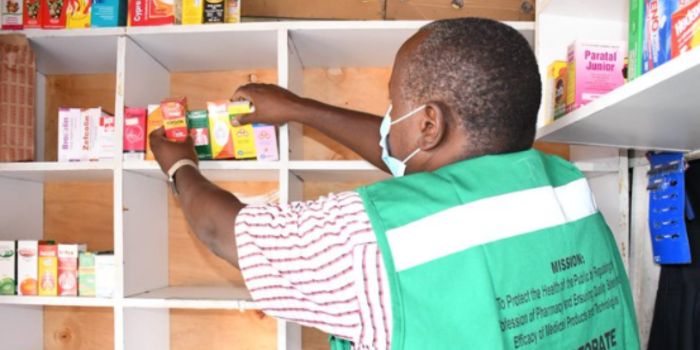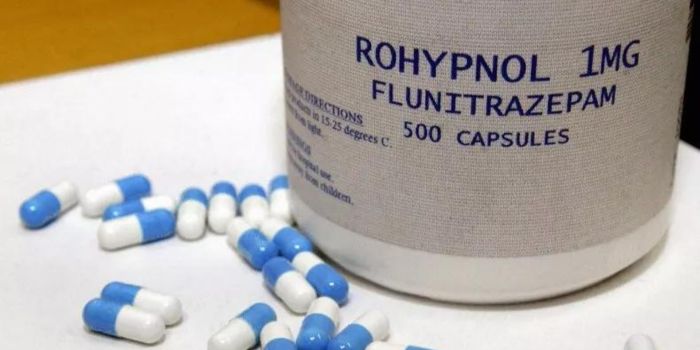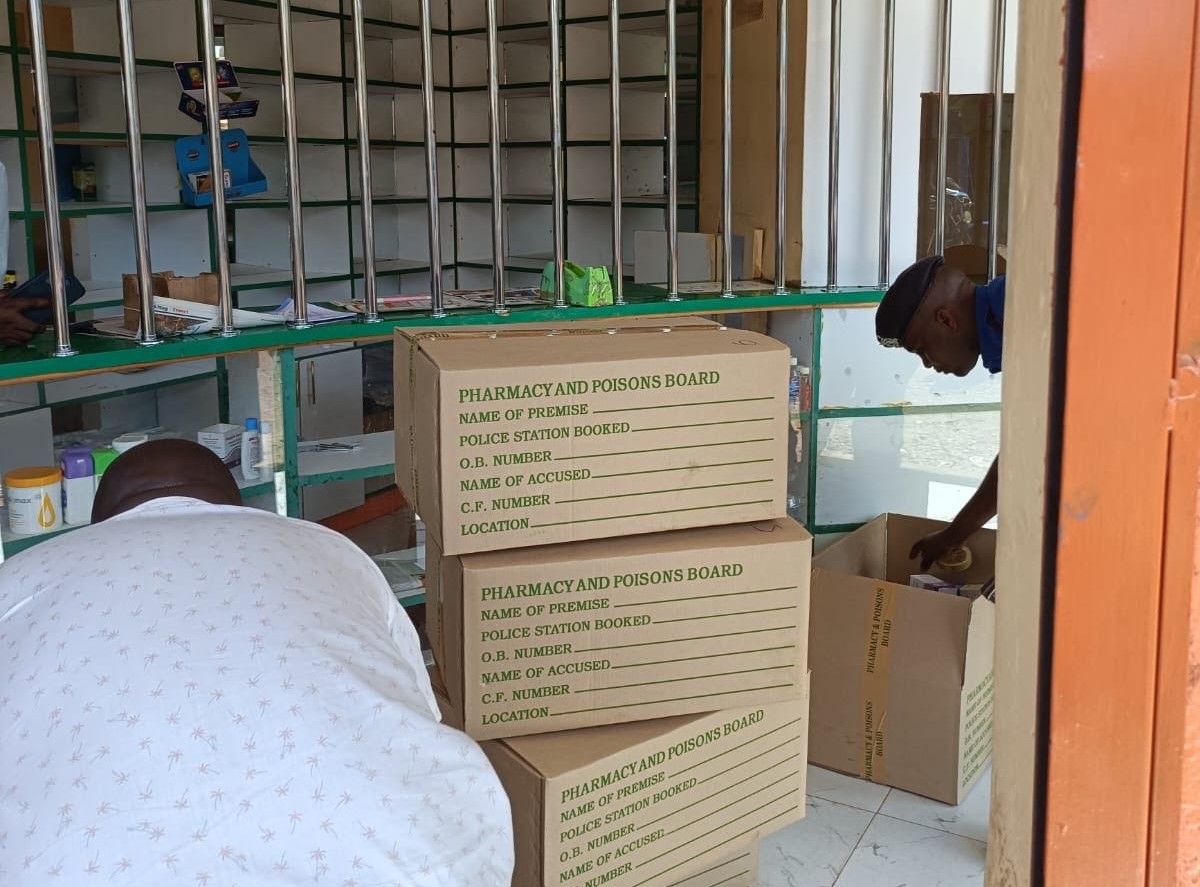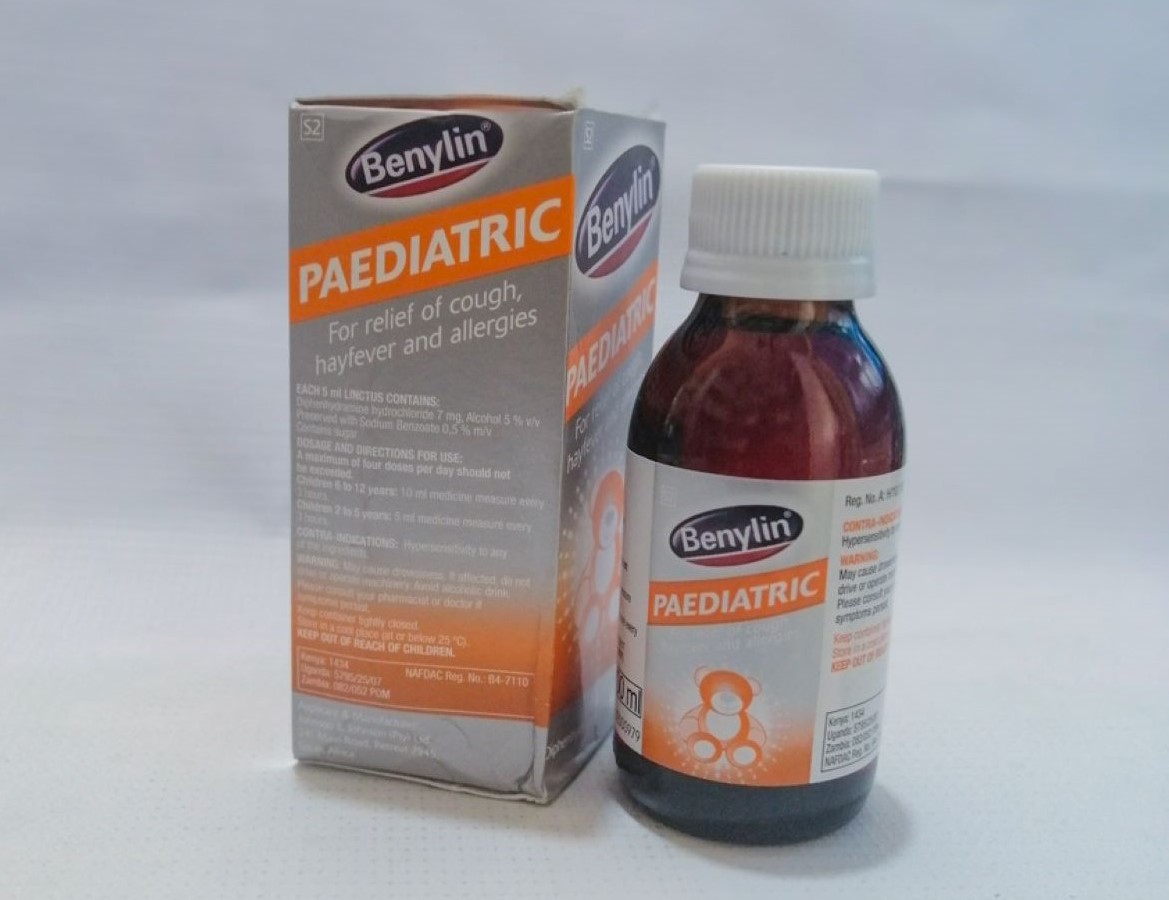State cracks down on wholesalers supplying drugs to unlicensed pharmacies
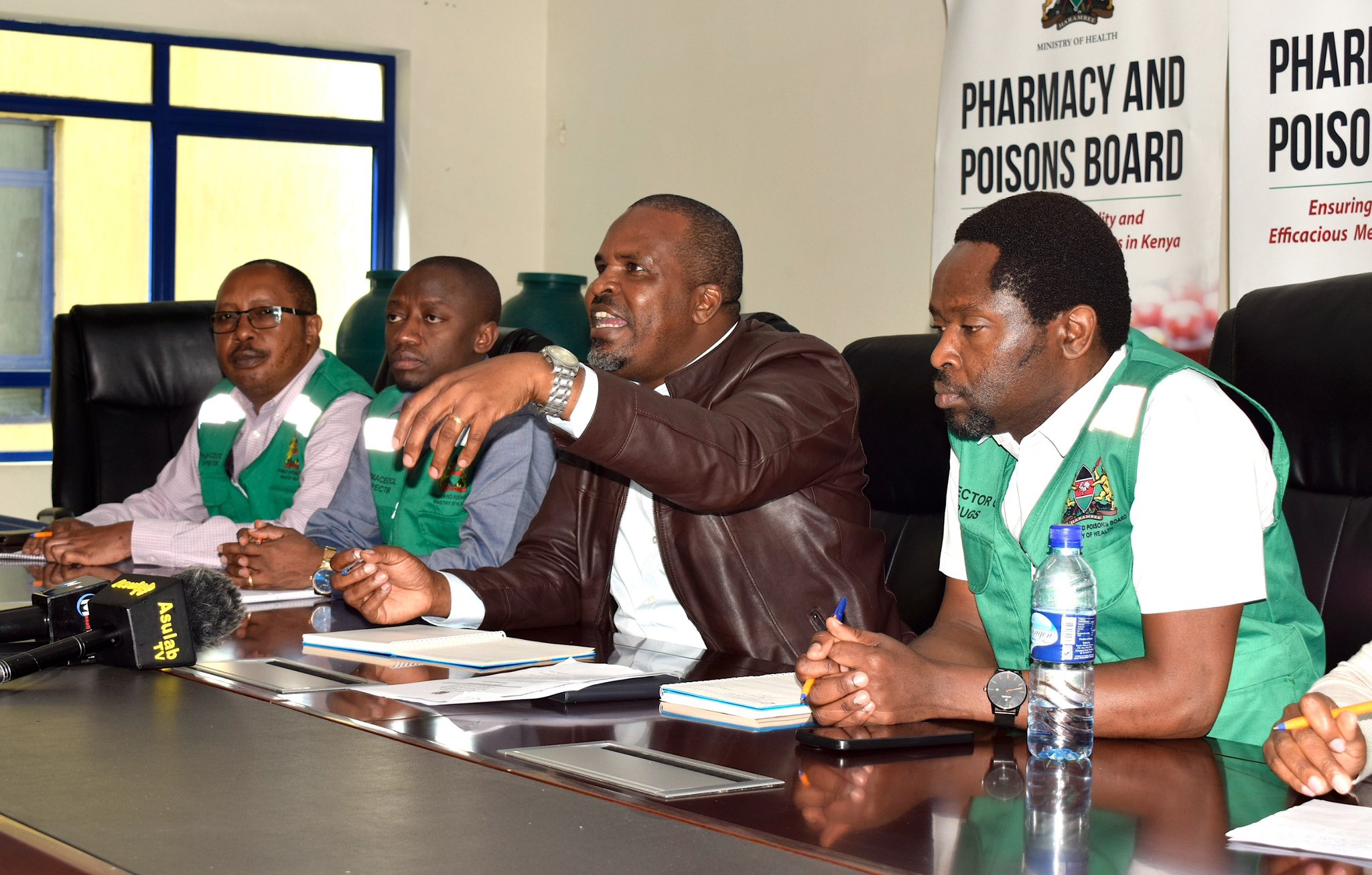
By Amina Wako |
Kaluai said despite regular audits of wholesalers, some continue to operate without proper licensing, compromising patients' safety.
The Pharmacy and Poisons Board (PPB) has issued stern warnings to wholesalers and pharmacy operators who are endangering public health by supplying and selling drugs unlawfully. The board is now cracking down on pharmaceutical wholesalers found supplying drugs to unlicensed pharmacies, vowing strict penalties for violators.
PPB’s Head of Good Distribution Practices Julius Kaluai said wholesalers involved in the illegal trade would face profiling and prosecution.
Keep reading
"Such wholesalers will be profiled and also prosecuted. We are using our inspectors to crack down on illegal chemists and will be able to trace the suppliers through invoices," Kaluai said.
The PPB’s intensified enforcement efforts come as part of a comprehensive countrywide initiative, beginning with audits of pharmaceutical wholesalers on October 13 and expanding to include Level 4 hospitals on October 20. The goal is to enforce compliance with strict distribution and handling standards and to safeguard the health of Kenyan citizens.
In addition to targeting unlicensed wholesalers, PPB has also issued warnings to absentee pharmacy superintendents who permit unqualified personnel to run licensed pharmacies in their absence. Such cases will result in disciplinary action if they continue to disregard regulatory requirements.
“Essentially, you cannot use other people to commit a crime while you are comfortable somewhere,” Kaluai said.
The countrywide audits focus on several crucial compliance areas, including handling of cold-chain medicines, disposal of pharmaceutical waste, and maintaining qualified personnel in licensed pharmacies.
Kaluai noted that despite regular audits of wholesalers, some continue to operate without proper licensing, compromising the safety of patients.
"If these people are denied access to medicines because they lack proper licensing, we can put an end to the problem. We have sampled some wholesalers in the country and are dealing with them firmly,” he said.
The PPB audit also highlights areas where private hospitals can improve compliance, particularly by employing only licensed pharmacy staff and following disposal protocols established by PPB and the National Environment Management Authority (Nema).
PPB’s efforts have gained traction with the Judiciary, which has recognised the severe public health implications of unregistered outlets. Judges are now imposing higher fines on offenders to deter illegal activities.
"These fines are significant. We haven’t seen any court impose a fine less than Sh60,000 per charge, and most go beyond Sh100,000,” said Kaluai.
Unlicensed practitioners may face combined penalties exceeding Sh300,000 when charged with multiple violations, including unlawful possession of Part One poison, operating an unregistered outlet, and impersonating a licensed pharmacist.
The PPB has issued a further warning, calling for stricter regulation of medicated creams, often sold in cosmetic shops instead of pharmacies as required.
Kaluai emphasised the potential risks to public health associated with this practice, emphasising that qualified medical personnel, typically a dermatologist, should dispense medicated creams only after a prescription.
Additionally, the PPB advises the public to avoid buying drugs from pharmacies lacking proper signage or names, which can signal unregistered operations.
“The board strongly advises the public to exercise caution and only purchase pharmaceuticals from licensed and reputable sources,” Kaluai urged.
By targeting unauthorised wholesalers and pharmacy operators, the PPB aims to prevent medication errors, drug misuse, and other risks associated with improperly handling pharmaceuticals. Unregistered medicines and unqualified staff, particularly in hospital settings, heighten the risk of serious medication errors, posing significant risks to patient safety.
The audit also addresses issues such as unauthorised wholesaler relocations, which complicate the mapping of distribution networks and hamper effective audits. The PPB has documented cases of wholesalers moving without notifying the board, creating gaps in the pharmaceutical supply chain that can compromise healthcare quality.
The PPB encourages Kenyans to verify the legitimacy of pharmaceutical establishments before making purchases. Customers can verify the authenticity of a pharmacy's license by displaying the health safety code 21031 in registered pharmacy outlets.
“We are committed to protecting the public from illegal and unsafe practices in the pharmaceutical industry. For their safety and well-being, the public should ensure they are purchasing from credible sources and report suspicious activities to the board,” Kaluai said.
Reader comments
Follow Us and Stay Connected!
We'd love for you to join our community and stay updated with our latest stories and updates. Follow us on our social media channels and be part of the conversation!
Let's stay connected and keep the dialogue going!









